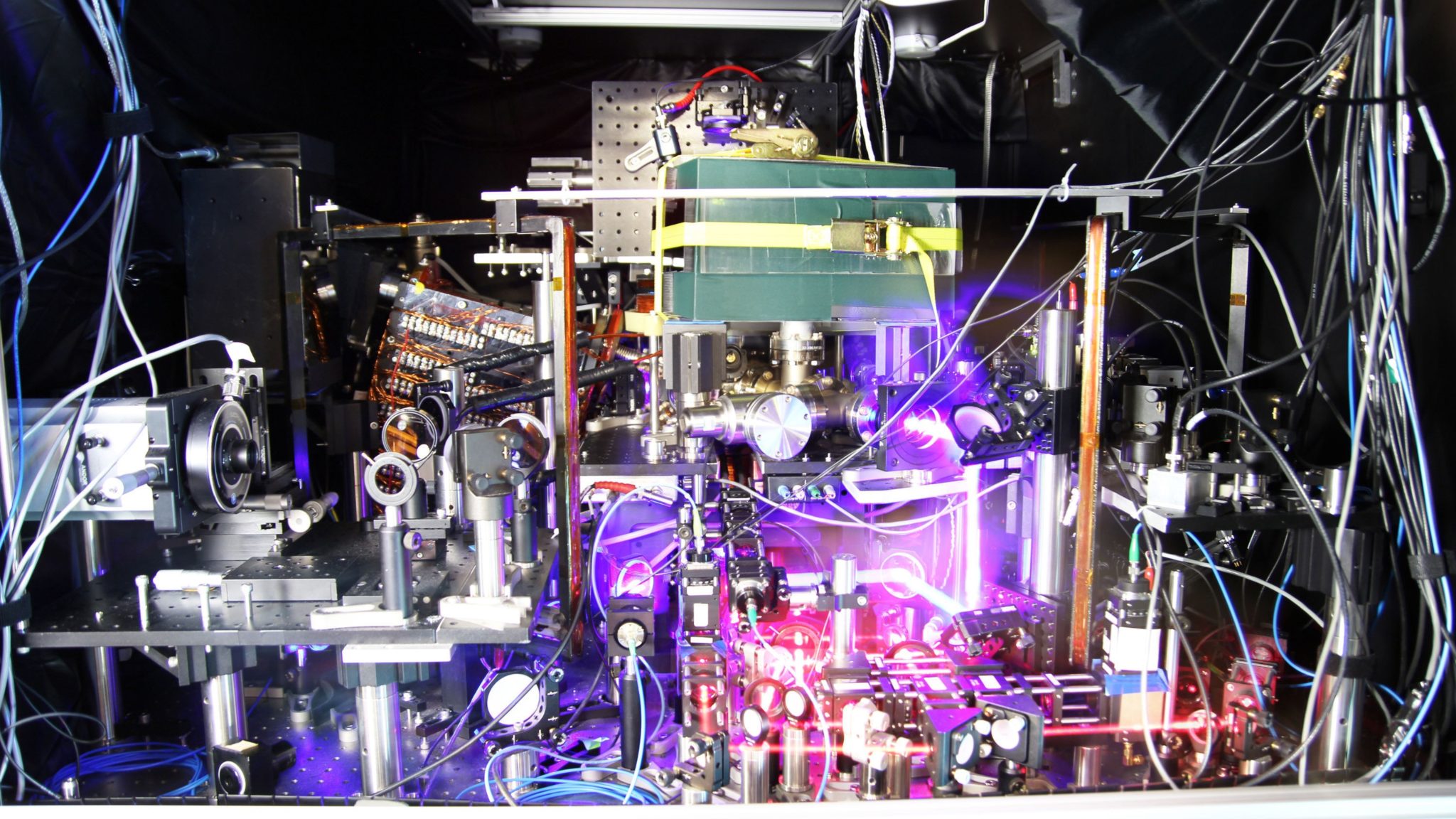Atomic Clocks Could Detect Space-Time Distortion Due To High Precision

Atomic clocks are based on the minute oscillations of atoms, and they are the most precise timekeeping devices that humans have ever created.
Scientists are making adjustments on a yearly basis that are improving the precision of these devices.
Atomic clocks could detect ripples in the fabric of space-time
Now they have even achieved brand new performance records, and they’re making two atomic clocks that are so precise that they could even detect gravitational waves which are the faint ripples on the fabric of space-time.
The physicists at the US National Institute of Standards and Technology (NIST) managed to achieve these records in three of the most important measures used to judge atomic clock performance: systematic uncertainty, stability, and reproducibility.
“[It] can be considered the ‘royal flush’ of performance for these clocks,” explained NIST physicist Andrew Ludlow.
Both of the new record-breaking clocks are based on ytterbium atoms.
In each one of these clocks, there’s an optical lattice that’s made of lasers, and they hold a thousand of these atoms immobile. The lasers excite the electrons of the atoms which they oscillate and switch with massive regularity between two states of energy.
The switching energy can be used to keep time, just like the ticking of an analog clock, but the precision is incredibly higher.
The most recent record-breaker, released last year
The most recent record-breaker was released in 2017, and it was so precise that it was able to keep time without losing/gaining any seconds for 15 billion years.
“The agreement of the two clocks at this unprecedented level, which we call reproducibility, is perhaps the single most important result because it essentially requires and substantiates the other two results,” Ludlow said.
“This is especially true because the demonstrated reproducibility shows that the clocks’ total error drops below our general ability to account for gravity’s effect on time here on Earth.
The clocks are so precise that they could detect faint signals coming from gravitational waves.
More than that, when atomic clocks interact with dark matter, they can speed up or slow down.
The research has been published in the journal Nature.
0 comments